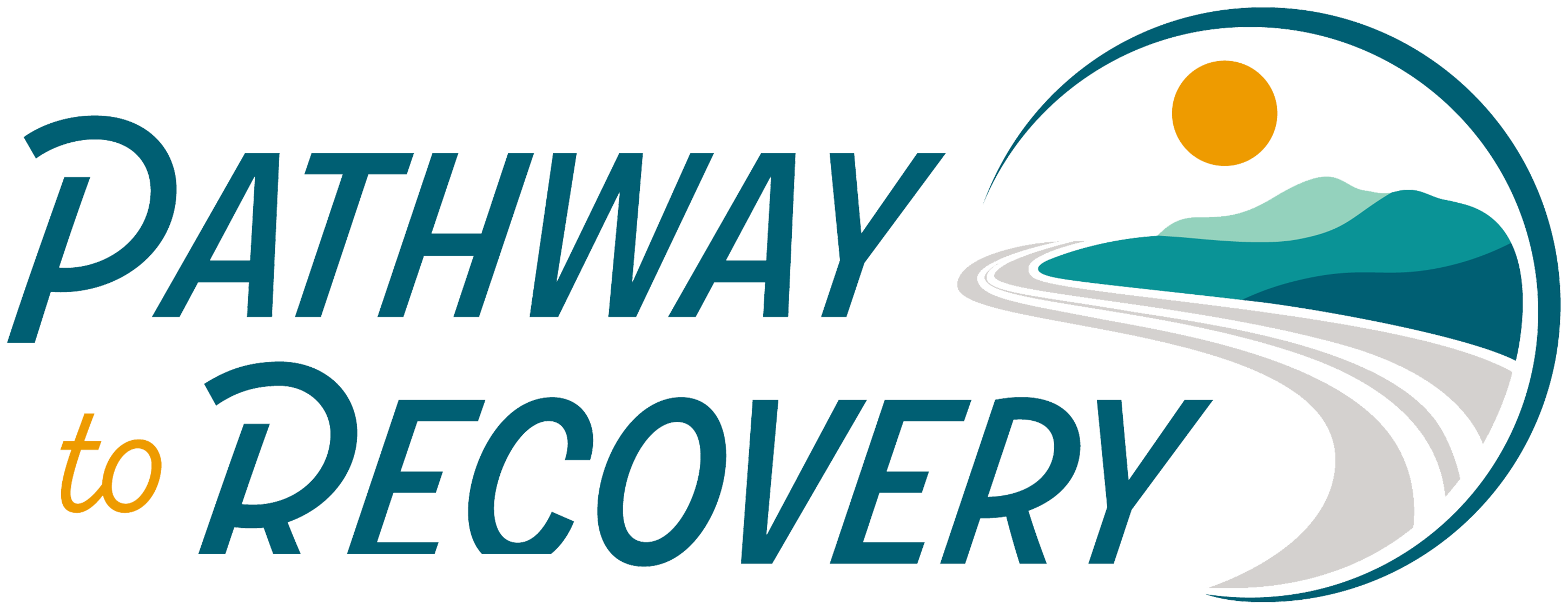Recovery from substance use disorder is more than just quitting drugs or alcohol—it’s about building a new life filled with healthy relationships, positive habits, and a strong support network. Many people in recovery find that having a solid support system can be one of the most important factors in maintaining long-term sobriety. But what does a sober support system look like, and how can you build one that truly helps you thrive?
Why a Support System is Essential in Recovery
Addiction is often isolating, making it difficult for individuals to reach out for help. When someone struggles with substance use disorder, they may distance themselves from family and friends or find themselves surrounded by people who encourage unhealthy behaviors. In recovery, breaking free from these negative influences and forming new, supportive relationships is crucial.
A strong support system provides encouragement, accountability, and emotional stability. Studies show that people who have a reliable network of support are more likely to maintain their sobriety and experience improved mental health. Whether it’s a close friend who checks in regularly, a recovery group that offers guidance, or a counselor who provides professional insight, surrounding yourself with positive influences can make all the difference.
Who Should Be Part of Your Sober Support System?
Building a support system doesn’t mean you need a large group of people. Instead, it’s about finding the right individuals who genuinely care about your well-being and understand the challenges of addiction recovery.
Family members can be a significant source of support, but only if they are understanding of your recovery journey. Some family dynamics may be complicated, so it’s important to lean on relatives who respect your commitment to sobriety. Friends in recovery can also be invaluable because they have firsthand experience with the struggles and victories of staying sober.
Professional support, such as therapists or counselors, plays a crucial role as well. They can help you navigate emotional challenges, identify triggers, and develop coping strategies to prevent relapse. Additionally, joining a recovery group, such as Alcoholics Anonymous (AA), Narcotics Anonymous (NA), or SMART Recovery, can introduce you to a community of people who are committed to a sober lifestyle. Having a sponsor or mentor in one of these programs can provide further guidance and encouragement.
How to Build a Strong Support System
Creating a sober support network takes time and effort, but it is one of the most important investments you can make in your recovery. One of the first steps is identifying people in your life who support your sobriety and distancing yourself from those who do not. If you have friends or acquaintances who encourage substance use, it may be necessary to set boundaries or remove them from your life altogether.
Joining a recovery group can be one of the most effective ways to find like-minded individuals who understand what you’re going through. These groups offer not only emotional support but also practical advice on how to navigate challenges in sobriety. Attending meetings regularly can help you stay accountable and remind you that you are not alone in this journey.
Another way to strengthen your support system is by reconnecting with positive influences from your past. Perhaps there were family members or old friends who you lost touch with due to addiction. Reaching out to them and rebuilding those relationships can provide an additional layer of support. However, it’s important to approach these reconnections with patience and honesty, as rebuilding trust takes time.
Professional help should also be part of your support system. A therapist or counselor can provide personalized guidance and help you address any underlying issues that may have contributed to substance use. Many people in recovery also find that engaging in healthy activities, such as exercise, meditation, or creative hobbies, helps them form new connections with people who share similar interests.
The Power of Community in Recovery
Recovery is not meant to be a solitary journey. Surrounding yourself with people who uplift and encourage you can make the difference between relapse and long-term sobriety. A strong support system not only motivates during difficult moments but also celebrates your progress and achievements.


